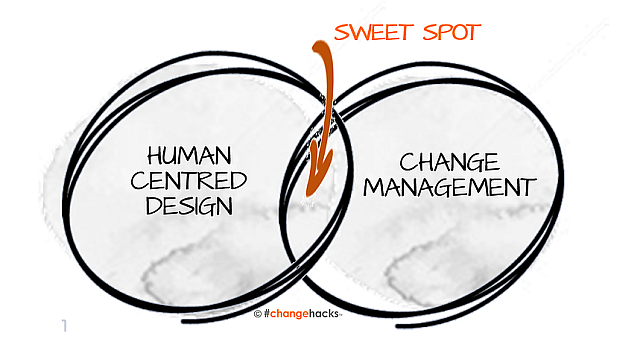
How to be an internal business consultant
For the last 25 years, Bob Lewis has been one of the stand out business columnists, with a extraordinary focus on pragmatic, actionable advice for ICT professionals undertaking complex change projects. Unsurprisingly, much of his advice is relevant beyond the ICT sphere and in particular, his advice on process optimisation is invaluable.
While his columns can be found everywhere across the Internet including CIO magazine, a 2011 column brings together many of his key ideas into a single package – describing the functions of an internal business consultant (IBC). Of course, the vast majority of full-time knowledge management (KM) work can be described in exactly these terms.
Bob lists three essential points of focus for all IBC work::
- Value: Every project should aim to either increase revenue, decrease costs, and/or manage risks through better business processes or practices. (Note: An argument can be made for “impact” to be considered an additional sought value from projects, especially in government and not-for-profit contexts.)
- Optimization: “Better” is not an absolute concept and often requires trade-offs. However, improvements will always be some combination of fixed costs, incremental costs, cycle time, throughput, quality, and excellence.
- Process vs practice: Is the goal to create processes or improve employee practices? Bob puts it this way: “Processes extract as much knowledge and judgment as possible from inside employees’ heads and puts it into the process design, while practices rely on the knowledge and judgment that’s inside each employee’s head.”
Bob explicitly ties the distinction between processes and practices to your optimisation choices, noting that “processes generally improve quality while diminishing excellence … simplification and standardization are the most cost-effective ways to reduce variability.” By contrast, practices “generally increase excellence while making quality more expensive [since] the only way to achieve quality [of unique outputs] is through inspection.”
Header image source: Scott Graham on Unsplash, Public Domain.






